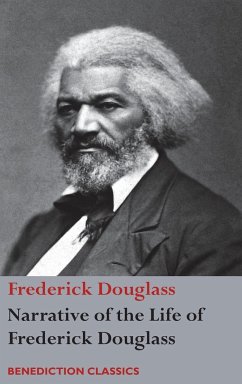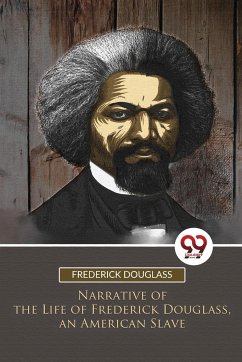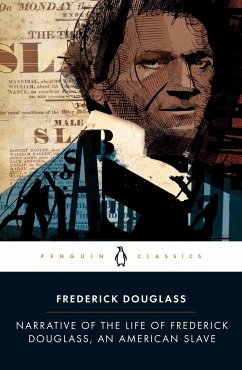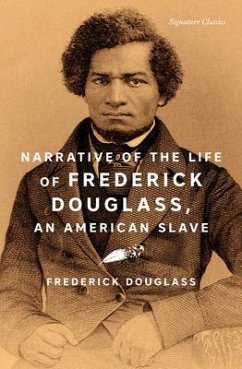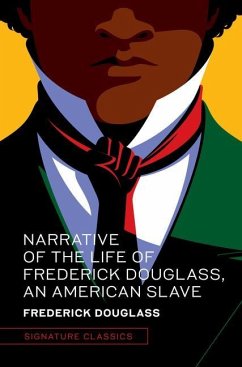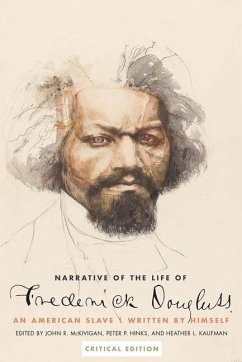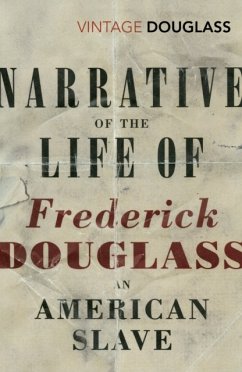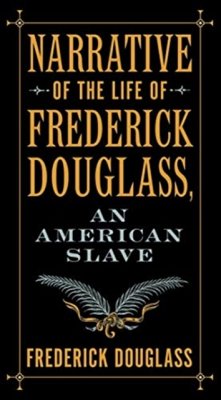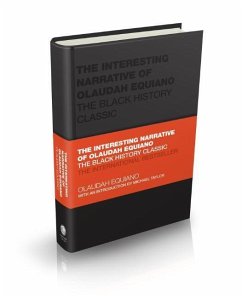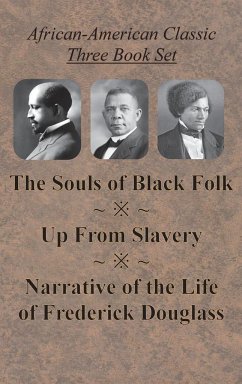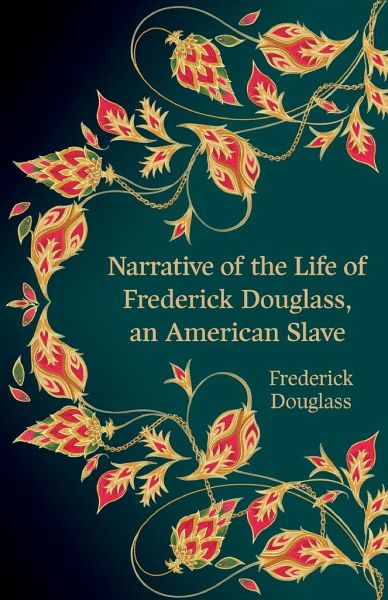
Narrative of the Life of Frederick Douglass, an American Slave (Hero Classics)
Versandkostenfrei!
Versandfertig in 1-2 Wochen
12,99 €
inkl. MwSt.

PAYBACK Punkte
6 °P sammeln!
"Where justice is denied, where poverty is enforced, where ignorance prevails, and where any one class is made to feel that society is an organized conspiracy to oppress, rob and degrade them, neither persons nor property will be safe." Douglass cultivated himself to such an extent that the listeners of his lectures doubted if his narratives were true. His autobiography is both a compelling tale of a slave and a contribution to the public discourse on slavery. His language is poetic and precise honed in its simplicity as if something artificially put together but immensely natural at the same ...
"Where justice is denied, where poverty is enforced, where ignorance prevails, and where any one class is made to feel that society is an organized conspiracy to oppress, rob and degrade them, neither persons nor property will be safe." Douglass cultivated himself to such an extent that the listeners of his lectures doubted if his narratives were true. His autobiography is both a compelling tale of a slave and a contribution to the public discourse on slavery. His language is poetic and precise honed in its simplicity as if something artificially put together but immensely natural at the same time. Opening this book is opening the door into Douglass's consciousness and tracking his inner journey of finding himself in the world: a story of his childhood and youth - a long and laborious path to freedom. Douglass talks about the explicit punishments and tortures that slaves were exposed to. Despite the suffering, he emphasises the power of self-education and continuous resistance that pushes one to fight their predicament. The publication of this book was such an unprecedented event that the author had to leave the US for Europe for about two years. The fact that Douglass's experience and meditations were issued in print gave him a wider audience, not restricting dissemination of his beliefs to those who could physically come to his public speeches.



